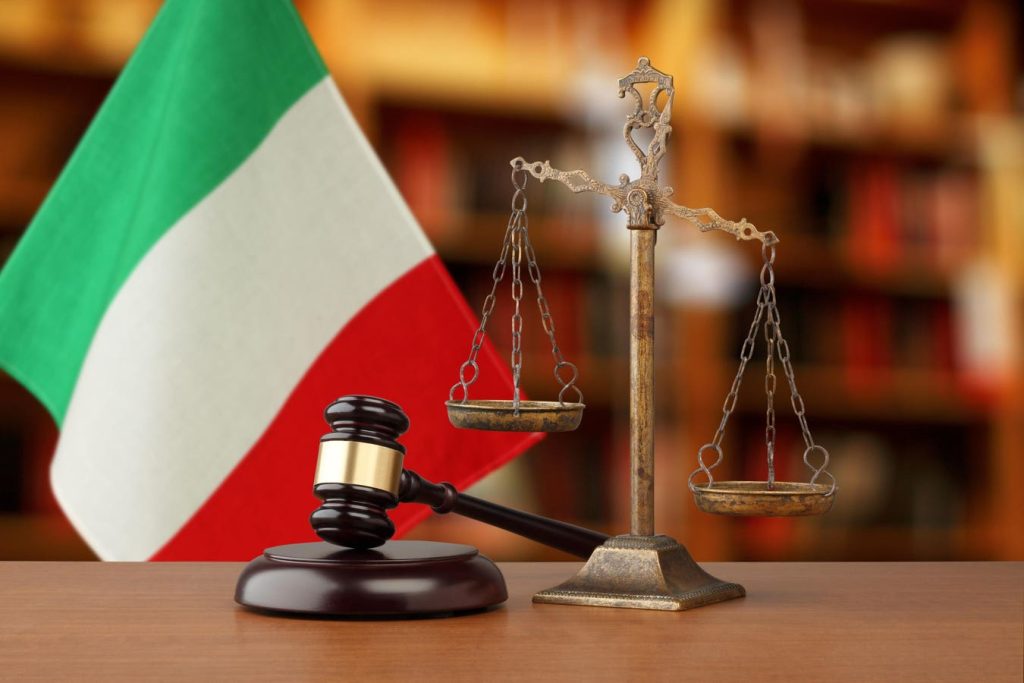The Italian Data Protection Authority’s (Garante) recent ban on the Chinese AI platform DeepSeek marks a significant escalation in the global effort to regulate the rapidly evolving artificial intelligence landscape. The ban, which took effect on January 30th, prohibits DeepSeek from processing the personal data of Italian users and comes amid an ongoing investigation into the company’s data handling practices. The Garante’s action follows inquiries about DeepSeek’s data sharing, storage, and compliance with the General Data Protection Regulation (GDPR), to which the company provided responses deemed “entirely unsatisfactory.” This intervention signals a growing willingness among regulators to proactively address potential data misuse by AI platforms and sets a precedent for future regulatory actions in the AI domain. The ban also highlights the complex legal gray areas surrounding these emerging technologies and the challenges in enforcing restrictions in the interconnected digital world, as some Italian users have reportedly already circumvented the ban using virtual private networks.
DeepSeek’s sudden rise and fall present a compelling case study of the opportunities and challenges facing AI startups in the current regulatory environment. The company, founded in May 2023 by hedge-fund and AI entrepreneur Liang Wenfeng, achieved remarkable success in a short period, reaching the top of app store charts in multiple markets. Its competitive edge stemmed from a cost-efficient architecture and framework, enabling it to offer high-performing AI models at significantly lower prices than established industry giants like OpenAI, Google, and Meta. This disruptive pricing strategy sparked a price war among major Chinese tech firms and put pressure on U.S. companies to adjust their pricing models. However, DeepSeek’s rapid ascent was abruptly halted by the Italian ban, highlighting the precarious position of even the most innovative AI startups in the face of growing regulatory scrutiny.
The Garante’s decision to ban DeepSeek stems from concerns about the company’s data collection and storage practices, echoing similar concerns raised by other entities, including the U.S. Navy, which recently banned the app on security and ethical grounds. The investigation likely centers around allegations of improper data transfer and the potential use of user data to train large-scale models without explicit consent. These issues are central to the ongoing debate surrounding data privacy and the responsible development of AI technologies. The ban also reflects the broader tension between fostering innovation and protecting user rights, a challenge that regulators worldwide are grappling with as AI continues to advance.
The Italian ban on DeepSeek has broader implications for the future of AI policy and regulation. The swift action by the Garante suggests a shift towards a more proactive and interventionist approach to regulating AI, prioritizing user data protection even at the potential cost of hindering innovation. This approach could create a chilling effect on smaller AI startups, making them hesitant to launch their products for fear of facing similar bans. However, the ban also underscores the growing importance of data sovereignty and user rights, particularly in Europe, where GDPR sets a high standard for data protection. The outcome of the DeepSeek case could significantly influence how regulators approach emerging AI technologies in the future, setting a precedent for balancing innovation with robust data governance.
The DeepSeek case also highlights the complexity of regulating technologies in an increasingly interconnected world. While the Italian ban represents a significant regulatory action, its effectiveness remains to be seen, given the ability of users to circumvent such restrictions through tools like virtual private networks. This underscores the need for international cooperation and harmonization of regulatory frameworks to address the global nature of AI development and deployment. The incident also emphasizes the importance of user education and awareness regarding data privacy and the potential risks associated with using AI platforms.
The future of DeepSeek in Italy, and possibly in Europe as a whole, remains uncertain. If the company can successfully address the Garante’s concerns and demonstrate compliance with GDPR standards, it may be allowed to re-enter the Italian market, as was the case with ChatGPT after its temporary ban. This outcome could provide a model for how AI companies can navigate the complex regulatory landscape and balance innovation with data protection. However, if DeepSeek fails to meet these requirements, it risks being effectively shut out of major markets, serving as a cautionary tale for other AI startups. Either way, the DeepSeek case marks a turning point in the regulation of AI, demonstrating that regulators are catching up to the rapid pace of technological advancement and that bans, once largely theoretical, are becoming a tangible reality for companies that fail to prioritize data protection. This development necessitates a proactive approach to data governance by AI companies, ensuring compliance with evolving regulations to avoid facing similar repercussions. The DeepSeek story serves as a crucial reminder that in the rapidly evolving landscape of artificial intelligence, regulatory compliance is no longer an option but a necessity for survival and continued innovation.

